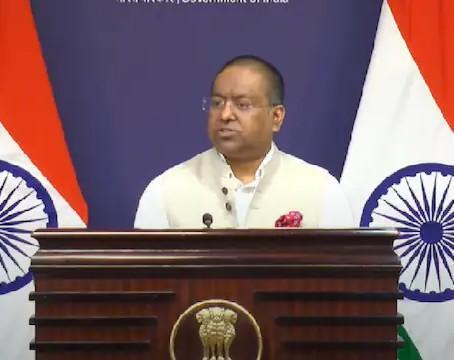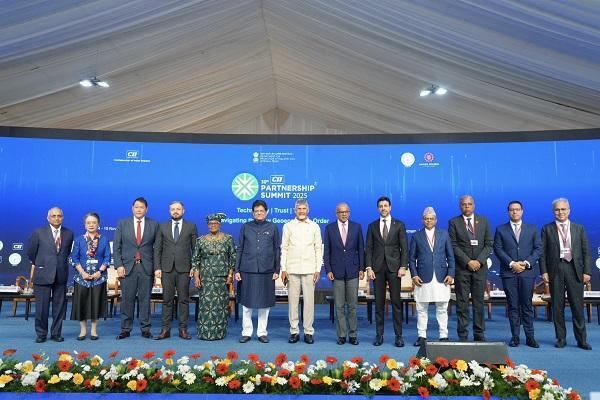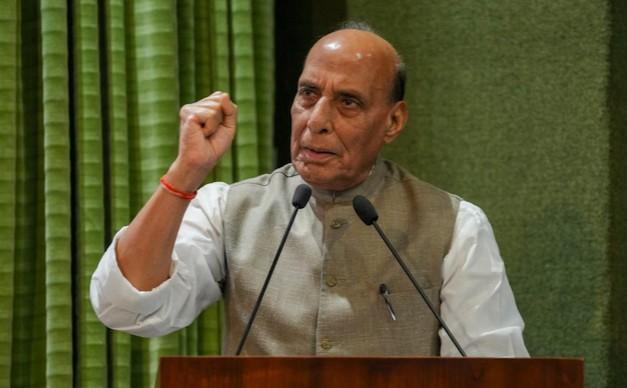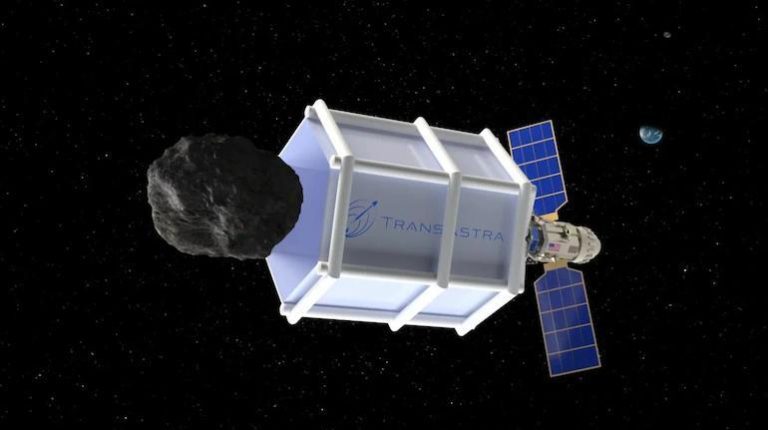
Trade Issue Didn’t Come Up: MEA Rejects Trump’s Claims He Used Trade for Indo-Pak Ceasefire
In a statement that has left many surprised, United States President Donald Trump recently claimed that he used trade to help India and Pakistan reach a ceasefire understanding. However, the Ministry of External Affairs (MEA) has strongly rejected these claims, stating that the issue of trade and tariffs did not come up in any discussions held between Indian and US officials since the start of Operation Sindoor.
The MEA spokesperson, Randhir Jaiswal, reiterated that the firing cessation understanding was reached through direct DGMO-level talks between the two countries. This development comes at a time when tensions between India and Pakistan have been escalating, particularly along the Line of Control (LoC) in Kashmir.
Trump’s claim that he used trade to facilitate the ceasefire between India and Pakistan was made during a press conference at the White House. According to Trump, he had spoken to Prime Minister Narendra Modi and Pakistani Prime Minister Imran Khan, and had used trade as a bargaining chip to bring the two countries to the negotiating table.
However, the MEA has categorically denied these claims, stating that the issue of trade and tariffs was never discussed during any of the talks between Indian and US officials. Jaiswal emphasized that the ceasefire understanding was reached through direct talks between the two countries, and that the MEA would not comment on any personal conversations between Trump and the Prime Ministers of India and Pakistan.
This development has raised several questions about the nature of the talks between India and Pakistan, as well as the role played by the US in facilitating the ceasefire. While Trump’s claim may have been seen as a bold attempt to assert American influence in the region, the MEA’s rejection of these claims has left many wondering about the true nature of the talks.
The MEA’s statement has also sparked a debate about the effectiveness of Trump’s diplomatic efforts in the region. Critics have argued that Trump’s approach to diplomacy has been unpredictable and often prone to exaggeration, and that his claims about using trade to facilitate the ceasefire have been met with skepticism by many.
In contrast, the MEA’s statement has been seen as a more measured and diplomatic approach, emphasizing the importance of direct talks between India and Pakistan in resolving the conflict. Jaiswal’s statement has also highlighted the role played by the DGMOs of the two countries in reaching the ceasefire understanding, and has emphasized the need for continued dialogue and cooperation to maintain the fragile peace.
The rejection of Trump’s claims by the MEA has also sparked a debate about the nature of the relationship between India and the US. While the US has been a key ally of India in recent years, the MEA’s denial of Trump’s claims has raised questions about the extent to which the US is willing to exert its influence in the region.
In recent years, the US has played an increasingly important role in regional affairs, particularly in the context of the India-Pakistan conflict. The US has provided significant military aid to India, and has also been vocal in its criticism of Pakistan’s role in supporting terrorism in the region.
However, the MEA’s rejection of Trump’s claims has also raised questions about the limits of US influence in the region. While the US may have played a key role in facilitating the ceasefire, the MEA’s statement has emphasized the importance of direct talks between India and Pakistan in resolving the conflict.
In conclusion, the MEA’s rejection of Trump’s claims that he used trade to facilitate the ceasefire between India and Pakistan has sparked a debate about the nature of the talks between the two countries, as well as the role played by the US in the region. While Trump’s claim may have been seen as a bold attempt to assert American influence, the MEA’s statement has emphasized the importance of direct talks and cooperation in resolving the conflict.






